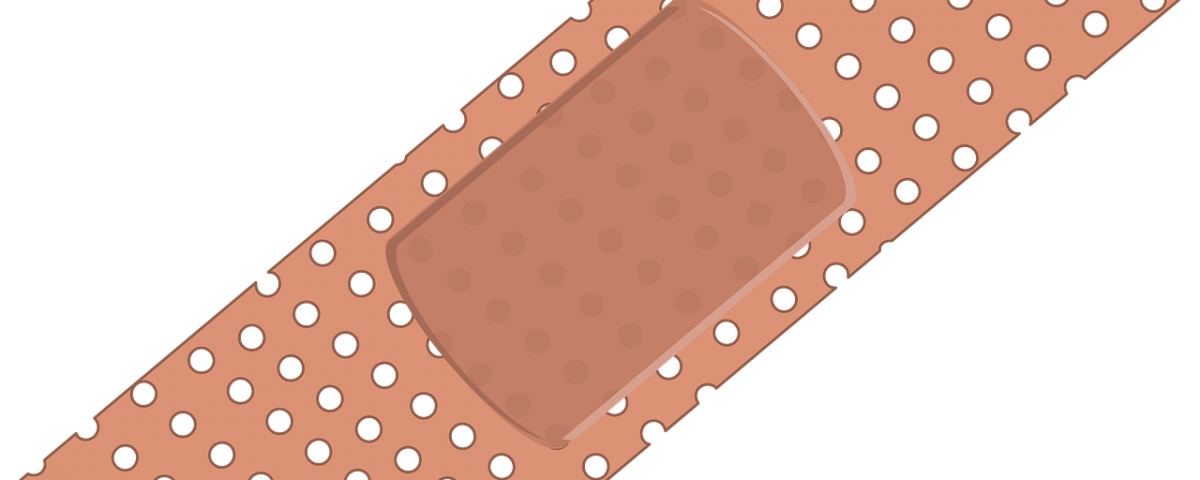Is It Time For a Wound Care Center?

E-Juice Over Cigarettes
July 10, 2018
What Service Can a Plastic Surgeon Do for Me?
July 12, 2018Is It Time For a Wound Care Center?

Whether acute or chronic, wounds are painful and sometimes scary to even look at, much less treat them yourself. But when is your wound beyond the point of being difficult to manage and knowing when it is time to seek treatment from a wound care center? The following information will help to determine if and when you need help from a wound care New Jersey professional.
What Is A Wound Care Center?
A wound care center consists of a multidisciplinary team of physicians, nurses, medical technicians and sometimes physical therapists specifically trained in wound care. They work together to provide patient care for a variety of wounds including acute wounds, chronic wounds, post-surgical wounds, diabetic and vascular ulcers, radiation wounds and pressure wounds and bed sores.
When Should You Seek Treatment?
Generally, after a patient has been receiving conventional medical treatment for at least one month without improvement they are often referred to a wound care specialist for further evaluation. Although wounds take a lot of time to heal sometimes they just don’t get better even with daily care and close attention.
If you experience excessive swelling, drainage or pain and redness around the wound site especially after several weeks, it is important that you make an appointment with your primary care physician to see if you need more specialized treatment at a wound care center for your wound.
What Type of Treatment Is Available?
There are a variety of treatment options available to patients with wounds that will not heal on their own. Patients must have an individualized treatment plan based upon their specific situation. Just as each person has individual needs, wounds need to be treated according to their specific presentation as well. Patient education is also a very important component of wound care. Nurses will clean, treat and dress wounds while teaching patients and their caregivers how to do the same at home. They provide information on signs of infection to look out for which is vital in the treatment of non-healing wounds. Physical therapists can incorporate ultrasound, electrical stimulation, whirlpool and compression therapy into the wound care treatment plan.
Physicians with special training in wound care can perform surgical debridement on hard to heal wounds. Special chemical enzymes can be applied to the wound along with a variety of dressings to promote healing. Another treatment offered for certain types of wounds is the use of hyperbaric oxygen therapy. While the patient sits inside a special chamber the air pressure is increased to two and a half times the normal atmospheric pressure. The greater air pressure allows increased oxygen in the blood to flow to organs and tissue to induce faster healing. Compression stockings, artificial skin and negative pressure therapy are other treatments available for non-healing wounds.
With an estimated 5 million Americans suffering from wounds that just won’t seem to heal, wound care centers provide hope and healing for those who are suffering. With time and patience an improved quality of life is right around the corner.
